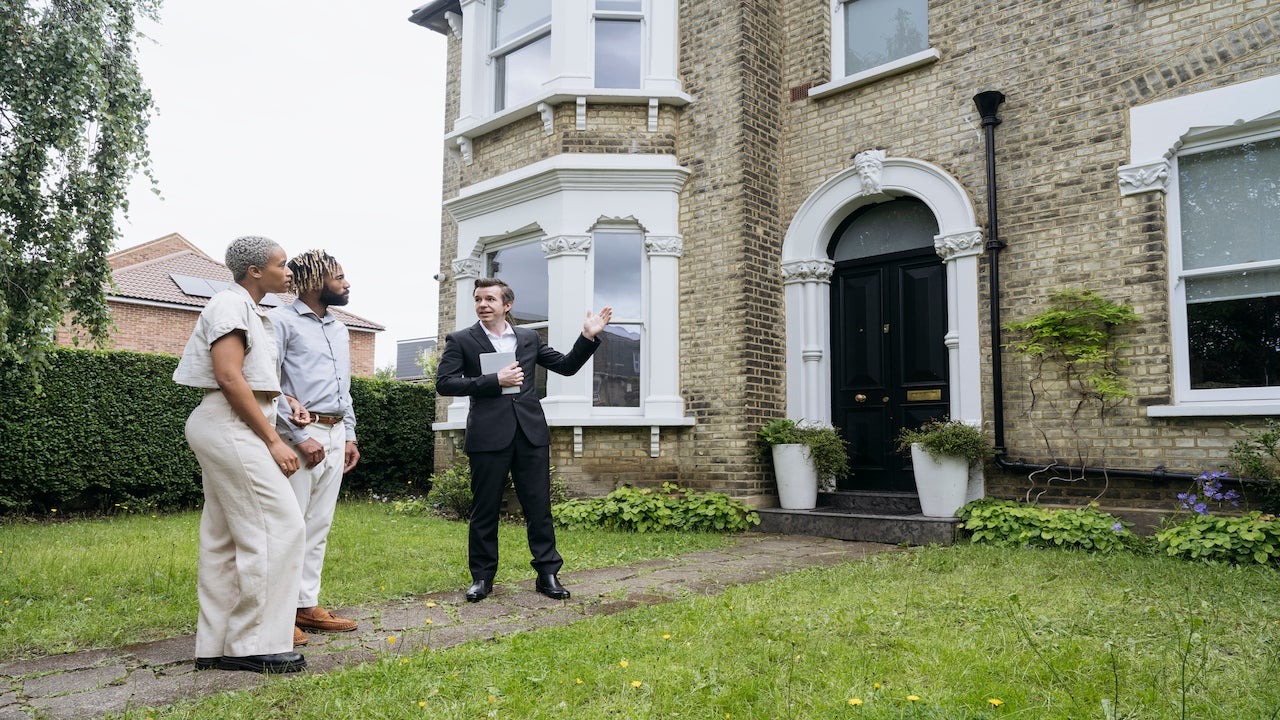Owning property abroad used to be a complicated, bureaucratic puzzle. That’s no longer the case. US citizens now have a long list of countries where they can buy land, condos, or even entire villas—without ever applying for citizenship or permanent residence.
The appeal is obvious. You might want a retirement home, a vacation property, or an investment that grows while you’re asleep. The good news: you don’t need to change passports to make that happen.
Key Highlights
- Many countries allow Americans to purchase property without citizenship or residency.
- Europe, Southeast Asia, and Latin America offer popular and legal options.
- Some nations have restrictions in coastal or agricultural zones, but not total bans.
- Buying property does not automatically grant you the right to live long-term.
- Portugal, Mexico, and Thailand are frequently chosen for lifestyle and access.
- Legal advice and a trusted local agent are essential to avoid property scams.
Portugal: Europe’s Most Flexible Market
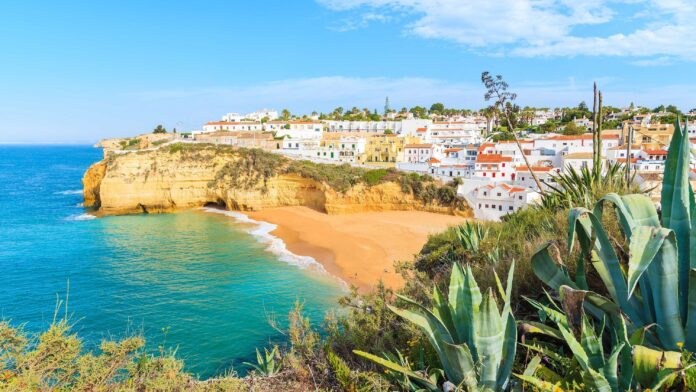
Portugal has become a favorite for American buyers, and the reasons are obvious. You can own property here with zero citizenship requirements. The purchase process is open, the real estate market is stable, and property taxes are manageable.
You can legally own an apartment in Lisbon, a villa in the Algarve, or a countryside home near the Douro Valley. The government does not require residency or a visa to own the property. However, staying longer than 90 days will trigger visa rules.
The process is straightforward:
- Hire a local lawyer who speaks English.
- Get a Portuguese tax number (NIF).
- Open a local bank account.
- Sign a sales contract and transfer the funds.
Many Americans exploring real estate Portugal opportunities turn to trusted platforms like Pearls of Portugal to simplify the process and avoid costly mistakes. The country remains one of the best places in Europe for non-citizens to safely invest in housing.
Mexico: Easy Access, With a Few Rules
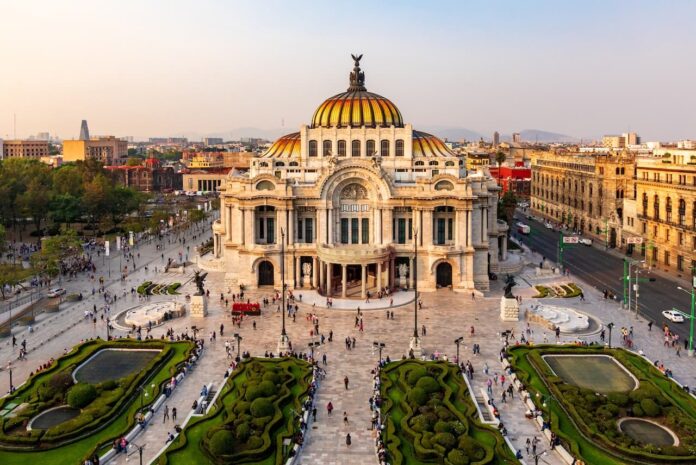
Mexico allows foreigners to buy property, even in beach towns like Puerto Vallarta or Tulum. However, if the property lies within 50 kilometers of the coast or 100 kilometers of a border, you’ll need to purchase through a bank trust called a fideicomiso. You still get full rights to rent, sell, or pass on the property.
Outside the restricted zones, you can own property outright. Closing costs typically range from 5% to 10%, and you’ll need to factor in property taxes, which are much lower than in the US.
Language barriers can create challenges, so working with a bilingual real estate agent is critical. Legal ownership is protected by federal law, and scams are rare if you follow the correct steps.
Thailand: Condos Allowed, Land Not So Much

Thailand offers a unique setup. Foreigners cannot legally own land, but they can own up to 49% of the units in a condominium development. The remaining 51% must be owned by Thai nationals.
This makes Thailand one of the easiest countries in Asia for Americans to own property without becoming a citizen. Bangkok and Phuket are popular locations with high rental returns. Just be aware: any structure built on Thai soil that sits on land not in your name may require complex leasing or company setups.
The purchase process for a condo is simple:
- Proof of funds transferred from a foreign account
- No need for permanent residency
- Straightforward resale rules
Spain: Full Ownership Rights With No Residency

Spain allows foreigners to own residential or commercial property with no visa or citizenship requirement. You can buy in Madrid, Barcelona, or along the Costa del Sol without any long-term stay obligations.
However, staying more than 90 days in a 180-day period will require a visa. The purchase process involves:
- Getting a Spanish tax ID number (NIE)
- Opening a local bank account
- Hiring a local attorney
- Paying around 10% to 15% in taxes and fees
Spain also offers a Golden Visa option for those who want residency, but it’s not a condition for buying.
Turkey: Affordable Entry and Fast Ownership
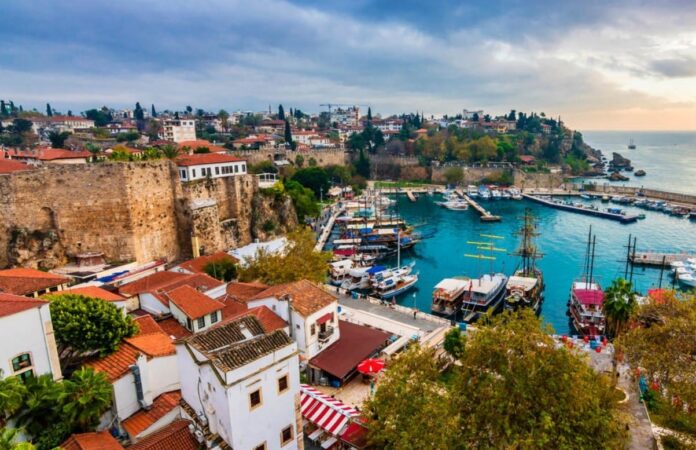
Turkey is one of the fastest property markets for foreign buyers. There are no citizenship or residency restrictions for most regions. Istanbul, Antalya, and Izmir all offer strong real estate opportunities with affordable prices.
You can own an apartment, land, or even a commercial building as a US citizen. There are restrictions in military zones and some rural areas, but these don’t affect most buyers.
You’ll need:
- A Turkish tax ID
- A passport
- A local bank account
- A property appraisal
Transactions move quickly. It’s possible to close a deal within days once all documents are ready. Turkey also has a citizenship-by-investment program, but again, you don’t need it to own property.
Colombia: Open Market, But Visa Needed for Long Stays
Colombia has no restrictions on foreign property ownership. You can purchase apartments, land, or commercial property without being a resident or citizen.
Bogotá, Medellín, and coastal cities like Cartagena are popular with American investors. The local law allows full ownership rights and resale freedom.
However, if you plan to live in the country full-time, you’ll need a visa. You can apply for a migrant visa based on investment, which requires a property value above a specific amount.
Due diligence is vital. Always use a trusted legal advisor and confirm that the seller has clear title and no unpaid taxes or liens.
Panama: Secure Titles and Full Rights
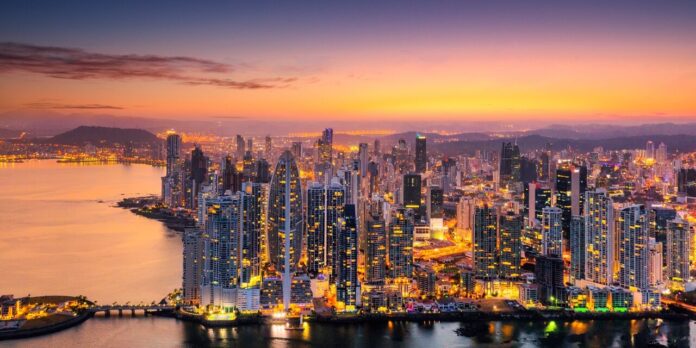
Panama stands out for its strong property laws and low entry costs. Americans can buy and own property in their name with no need for citizenship. The country has long been friendly to foreign buyers, especially retirees.
You can purchase land, homes, or condos in most areas. Some rural and island regions have communal land, which foreigners can’t own outright. But titled property is easy to find and fully transferable.
Expect to:
- Hire a Panamanian lawyer
- Open a local bank account
- Register the title with the Public Registry
Panama also offers residency programs for property investors, but again, ownership does not depend on residency status.
Things to Watch Before You Buy
Buying abroad has risks. Laws change, currencies fluctuate, and market conditions can shift fast. Here are the key things to check before committing:
- Title verification and zoning restrictions
- Legal limitations for non-citizens
- Annual tax and property maintenance costs
- Language barriers in contracts and negotiations
- Risks of political instability or land disputes
Avoid rushing the process. Take time to research, visit the location, and use licensed professionals.
Conclusion
You don’t need a second passport to invest abroad. Countries like Portugal, Mexico, Thailand, Spain, and Colombia offer clear legal paths for US citizens to own property without applying for citizenship.
Each country has different rules, tax obligations, and property rights, but with the right legal help, the process is often safer than people expect. Whether you’re buying for lifestyle or investment, the freedom to own internationally is more accessible than ever—if you know where to look.

